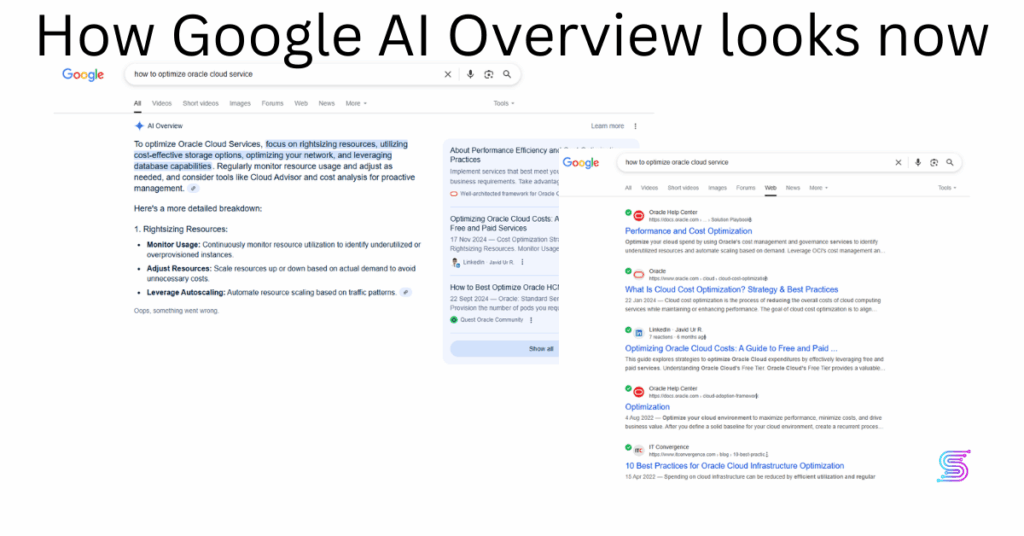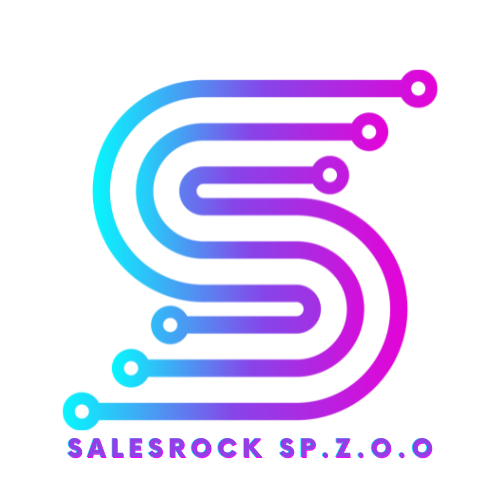Why should you even care about AI Overviews?
After May 9, 2025, we noticed a decline in organic traffic across several AdsRock and SalesRock client websites that had previously enjoyed strong, stable performance from Google search. One of the main reasons for this drop is the rise of Google AI Overviews and the increasing presence of Gemini AI, which now generates instant summaries for many search terms—often reducing click-through rates, even impacting paid content performance.
This shift has already had a significant impact on our English-language brands and the SEO performance of several websites.
What’s particularly alarming is how Gemini-generated answers are pushing both organic and paid results off the first page. In many searches, there are no paid ads displayed at all. Google has even introduced a "Web" tab for users who want to avoid AI responses—but it’s the sixth tab, buried behind several others, and still contains no PPC ads.

It appears that Google is deliberately dismantling its own ad-driven business model in the name of leading the AI race—sacrificing the very PPC ecosystem it built. This radical shift is not only reshaping how content is discovered, but it’s also disrupting the entire economics of digital advertising.
What is an AI Overview?
AI Overviews are a new Google Search feature that displays a short, AI-generated answer at the top of the search results page.
Instead of just showing links to websites, Google’s AI now summarizes information from multiple sources and presents it directly in the results. Users get a concise answer without needing to click on any site.
Example:
If someone searches for “How to make pancakes?”, Google may generate a short guide using multiple recipe sources—without requiring the user to visit any of those websites.
While this is convenient for users, it's a disadvantage for websites that rely on organic search to attract readers and drive business. In fact, just using ChatGPT to help define "AI Overview" in a blog post like this can now hurt the post’s Google ranking.
If you're curious about the original video that explains how Google AI Overviews work, you can watch it here.
How to Keep Your Organic Traffic Despite Changes in User Behavior
In the next section, we share practical tips to help you optimize your content for inclusion in AI Overviews (AIOs) so that your site gets quoted or referenced—not just summarized without attribution or clicks.
1. Track when your content appears in AI Overviews
Use tools like Semrush, Ahrefs, Cyrix, or custom scripts to identify which blog posts are being summarized by AI. This will help you optimize content more precisely.
2. Evaluate how easily your content can be summarized
Revisit existing blog posts, especially simple or bullet-point-heavy ones. Enrich them with deeper insights, unique examples, multimedia, or personal opinions. Make it hard for AI to summarize without losing essential context or meaning.
3. Optimize for attribution
Include elements that encourage Google to reference your content:
- Mention your brand name within body paragraphs
- Share original data or case studies
- Use branded language or terminology
- Add watermarked visuals or branded infographics
4. Use structured data and semantic markup
Make sure your blog uses structured data (e.g. Schema.org in JSON-LD format). This is especially helpful for FAQs, how-to guides, or detailed articles.
5. Create multimodal content
Add rich media like videos, infographics, interactive tools, or real-life stories. These are harder for AI to summarize, and they increase time-on-site and user engagement.
6. Focus on bottom-of-funnel content
Write blog posts tailored for users close to a purchase decision—such as product comparisons, case studies, detailed reviews, or customer stories. These are more unique and harder to summarize quickly.
7. Build a direct audience
This isn’t just an AIO tactic—it’s a long-term strategy:
Don’t rely solely on Google. Build your own audience via newsletters, social media followers, YouTube, and podcast subscribers.
8. Prepare for other AI-powered search engines
Other platforms like ChatGPT, Perplexity, and Claude are also moving toward the "instant answer" search experience. Publish structured, machine-readable content (e.g. vector-ready data) to prepare for broader AI use across platforms.
Why updating your old blog content matters more than ever
If you haven’t taken SEO seriously yet, now’s the time. As Gemini begins to dominate Google Search results, traditional SEO tricks won’t be enough to get your site into the Top 3 results.
And if you don’t update your older posts, you might find that Gemini, ChatGPT, or DeepSeek will summarize your content in a few points—without crediting you or your brand. Even worse, users won’t visit your site, so your sales funnel could lose serious traffic, making each sale more expensive and harder to achieve.
How SalesRock is fighting back
This blog post is itself an example of how we’re adapting:
- Including personal experiences
- Using visual content that AI can’t easily summarize
- Embedding multimedia like the next video
- Repeating our brand names throughout the content
While the video is obviously a joke (we hope), the reality behind it is less funny. Businesses relying on Google Ads and SEO are being left in the dark, as AI-generated answers now dominate the SERPs—without even giving PPC a seat at the table.
Want a custom audit of your website or webshop based on these new AI-readiness standards?
Reach out to us today to get ahead of the changes coming in the next few months!
